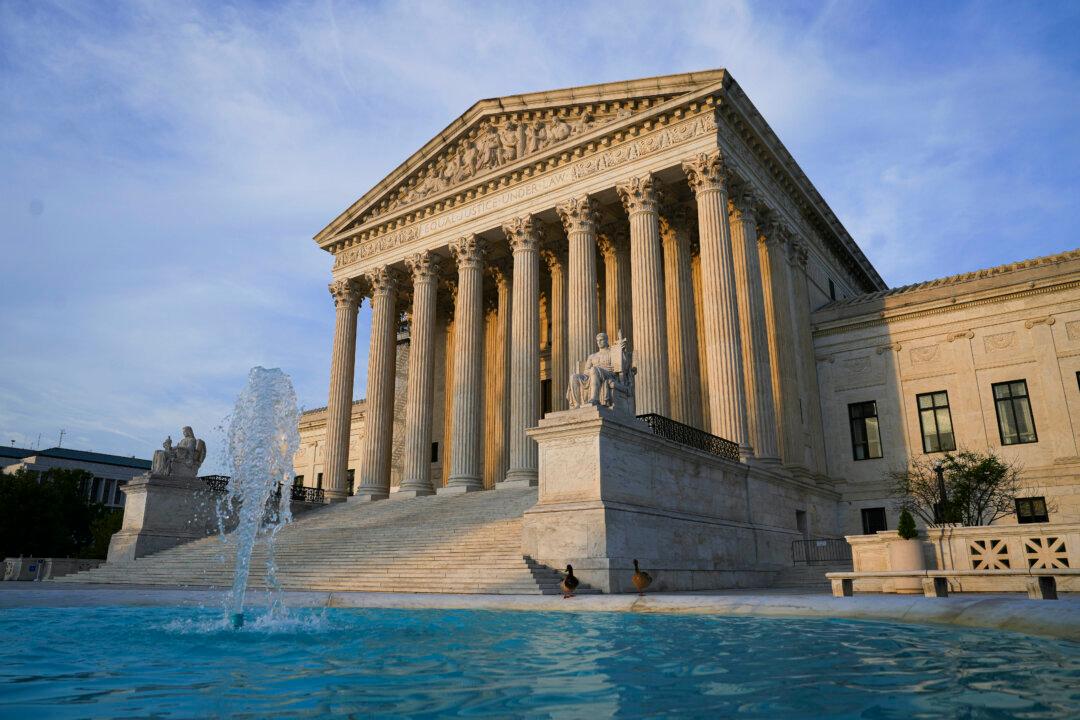The Supreme Court decided on June 12 not to hear the claim of a Christian school in Colorado that it can’t be sued for firing a teacher who accused the school, parents, and students of racism.
The school argued that because it’s a religious institution it’s beyond the reach of the First Amendment to the U.S. Constitution. The familiar amendment begins, “Congress shall make no law respecting an establishment of religion, or prohibiting the free exercise thereof.”





